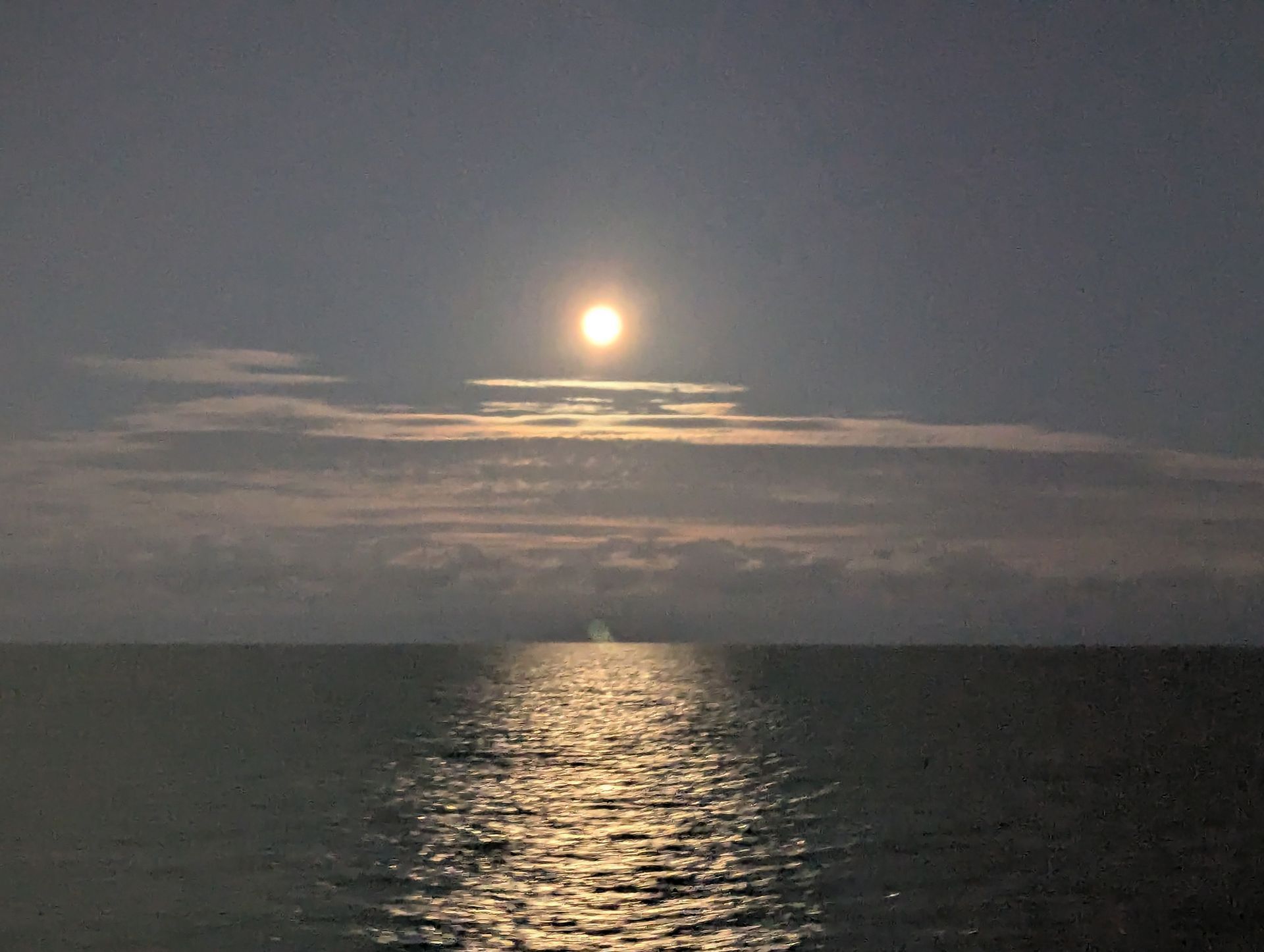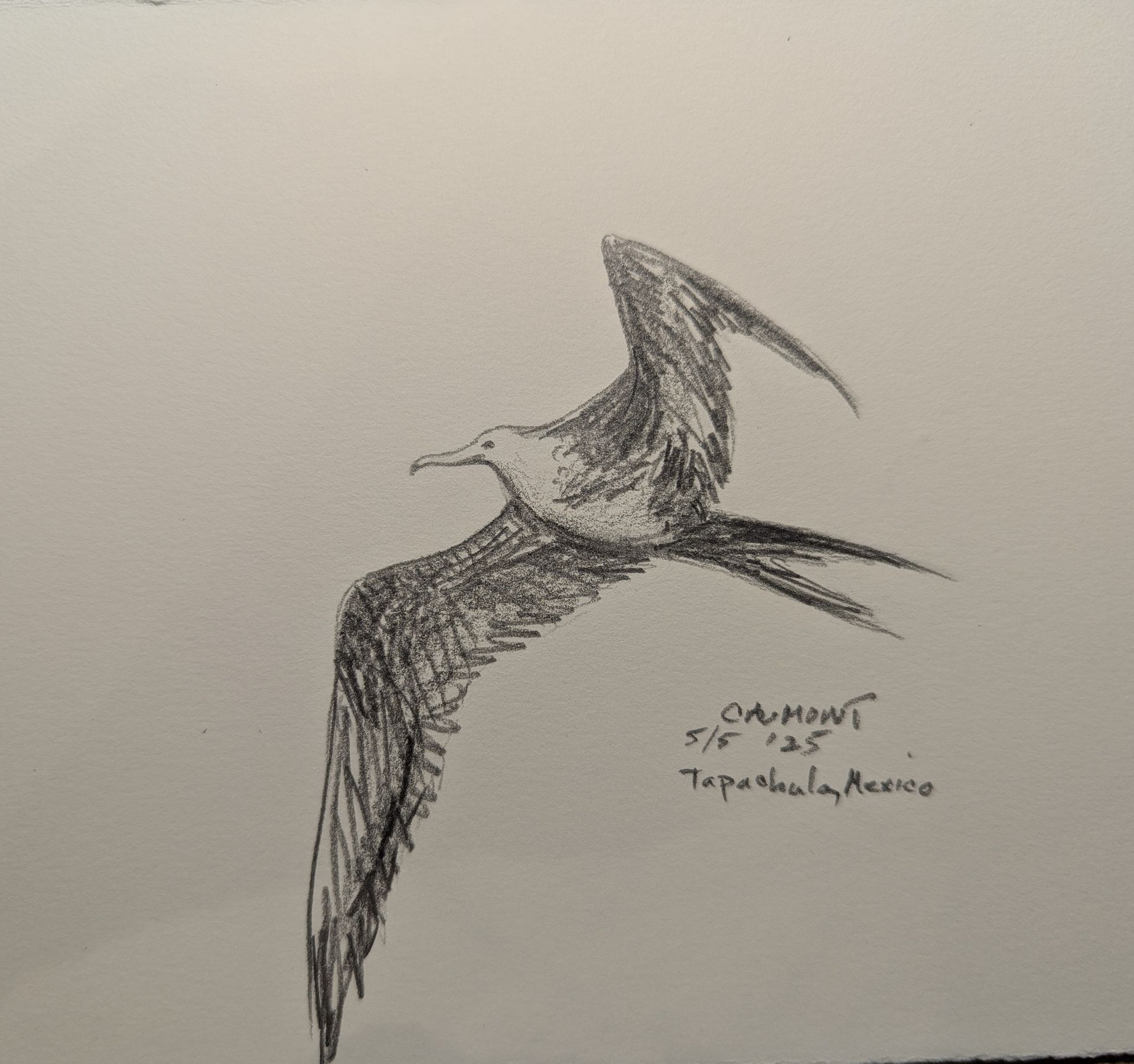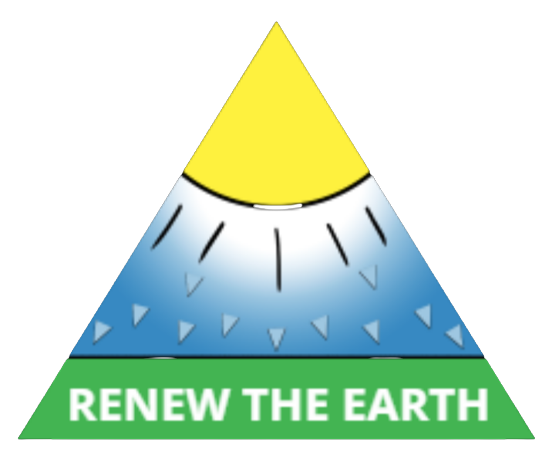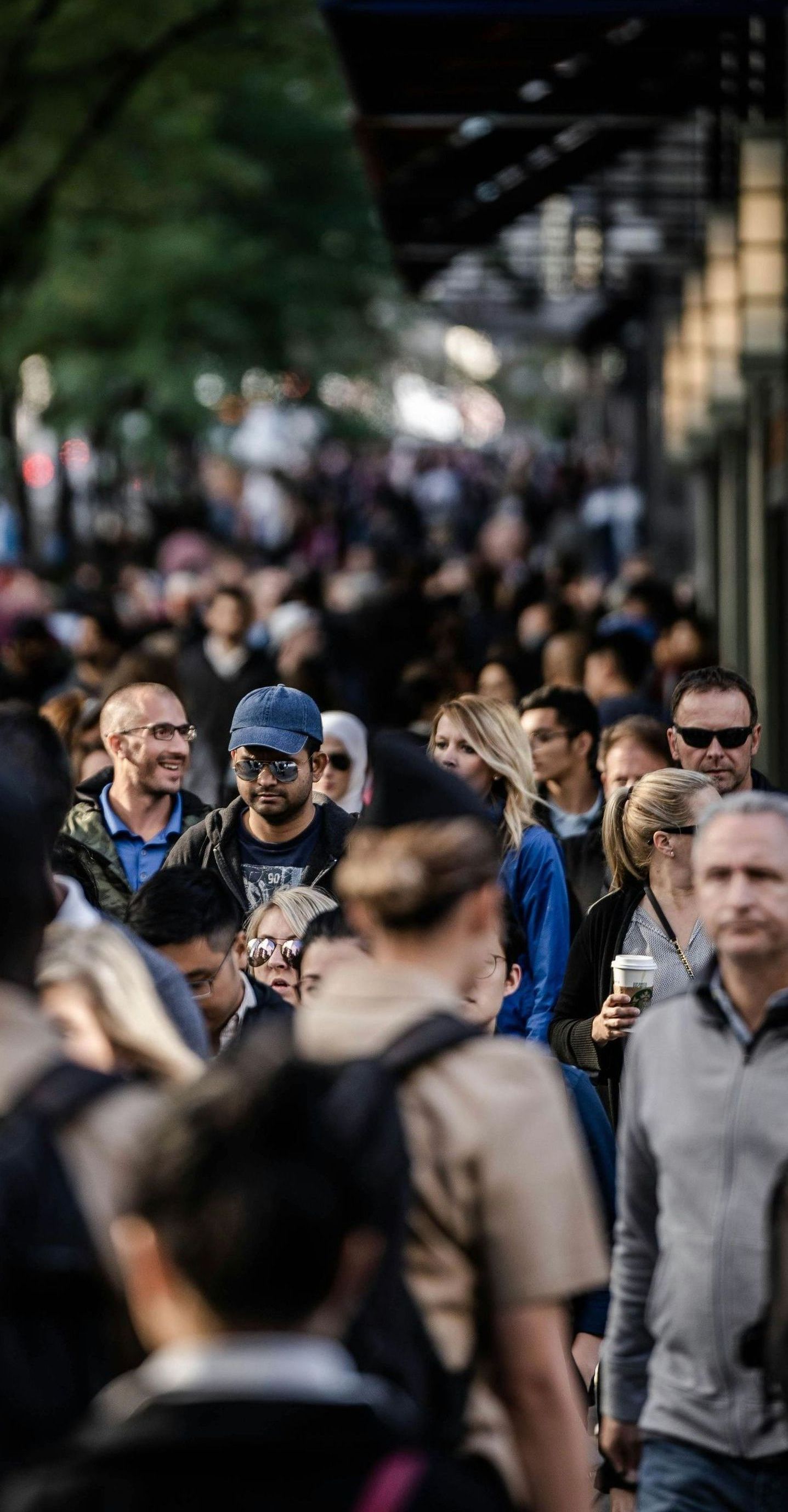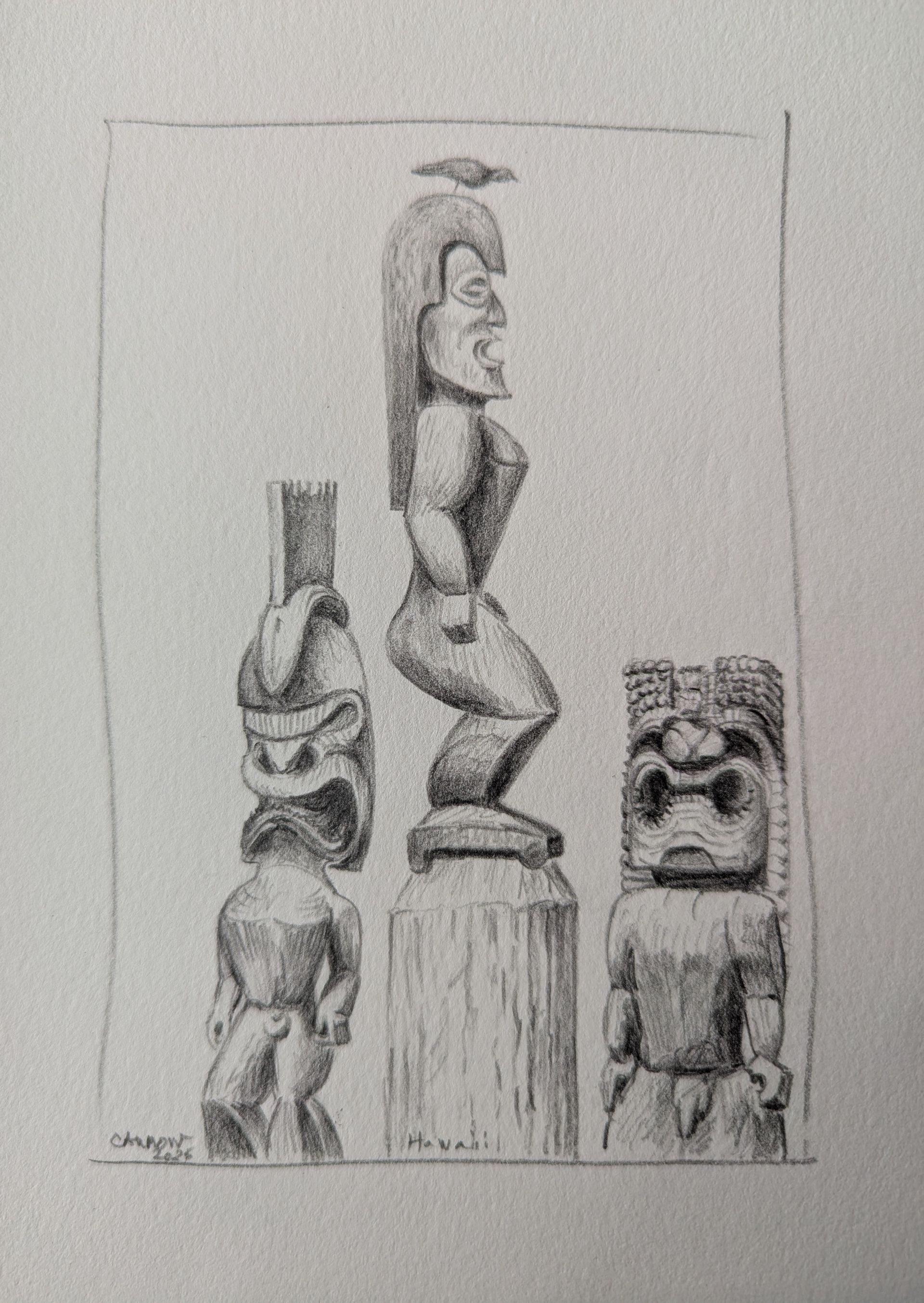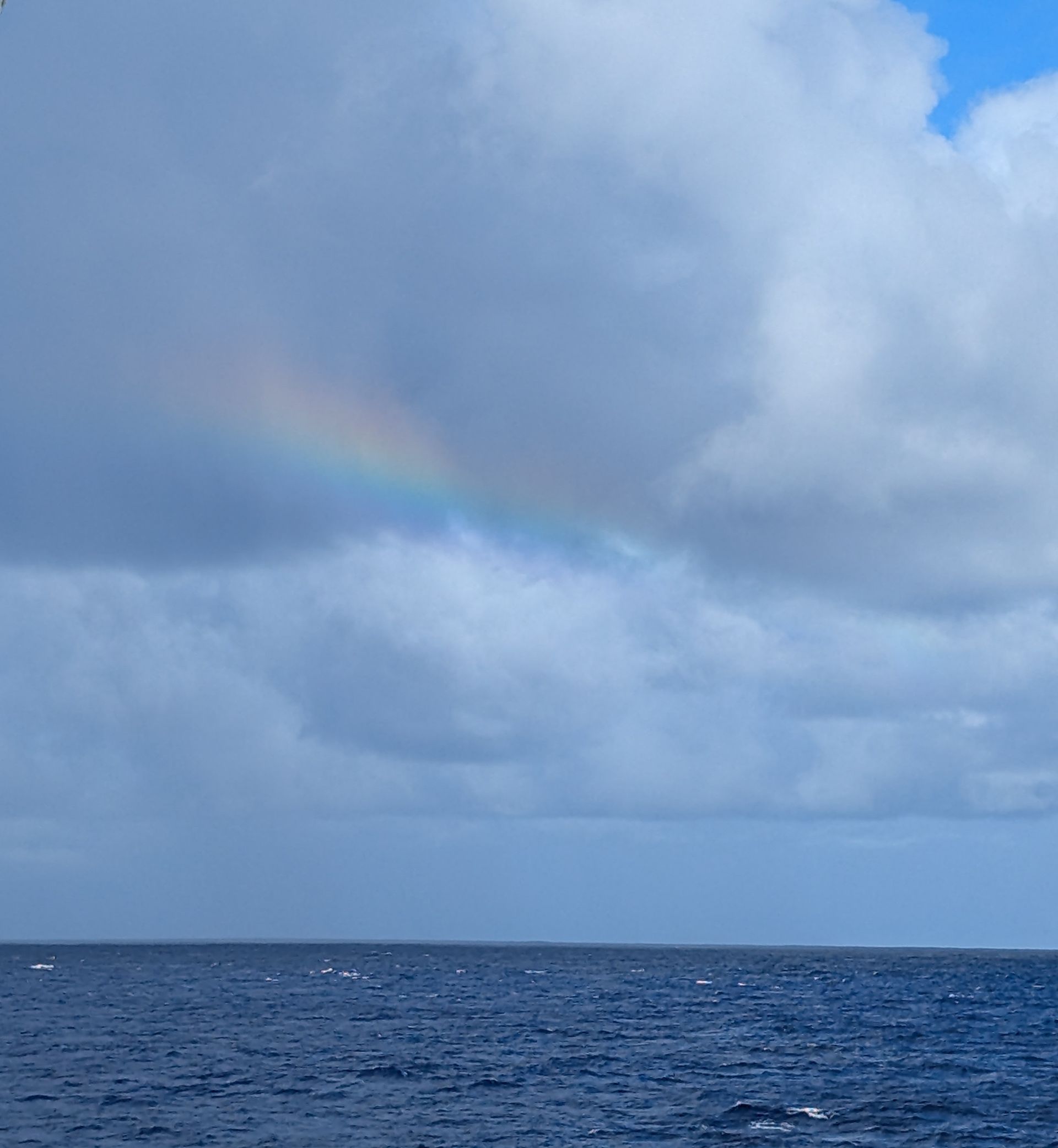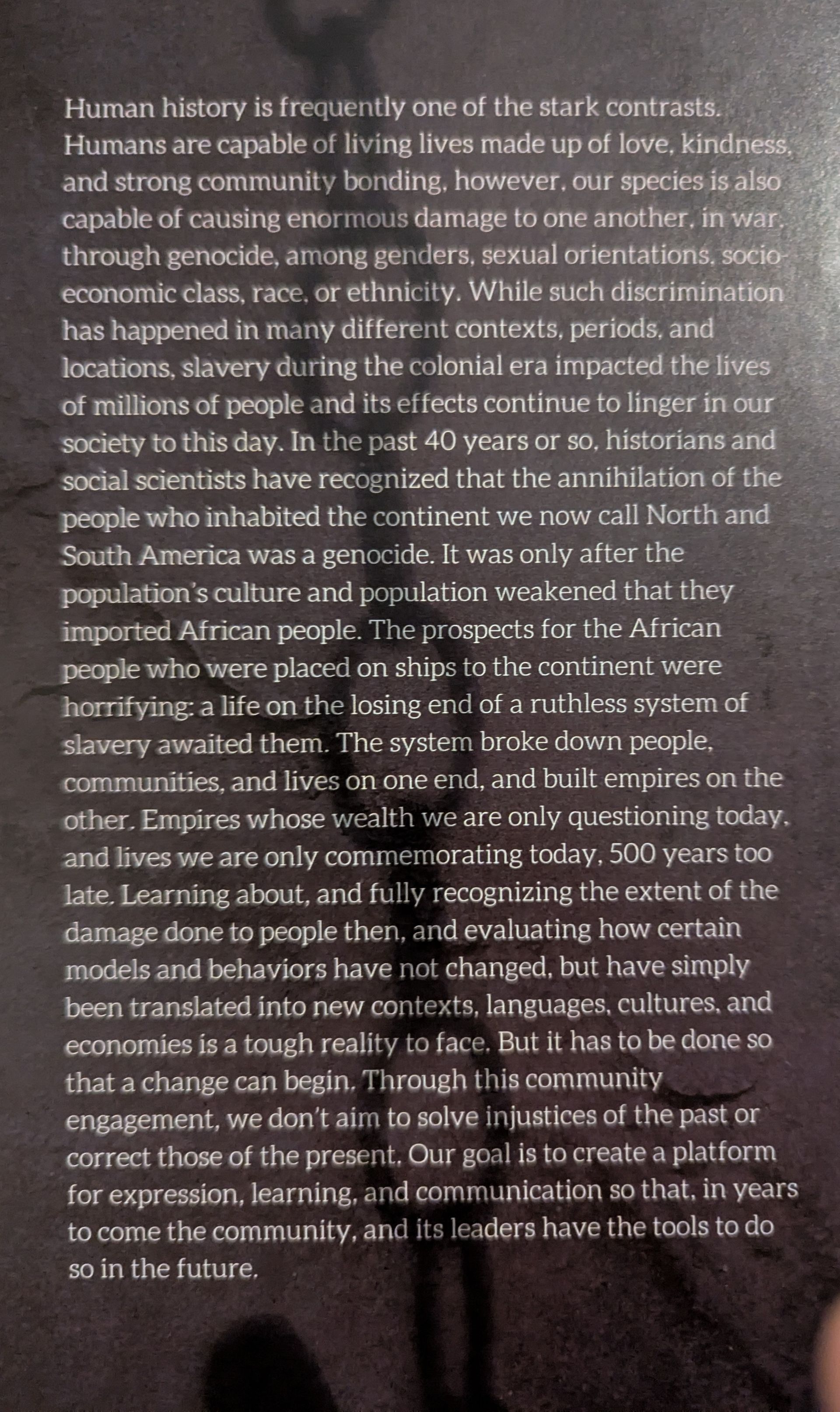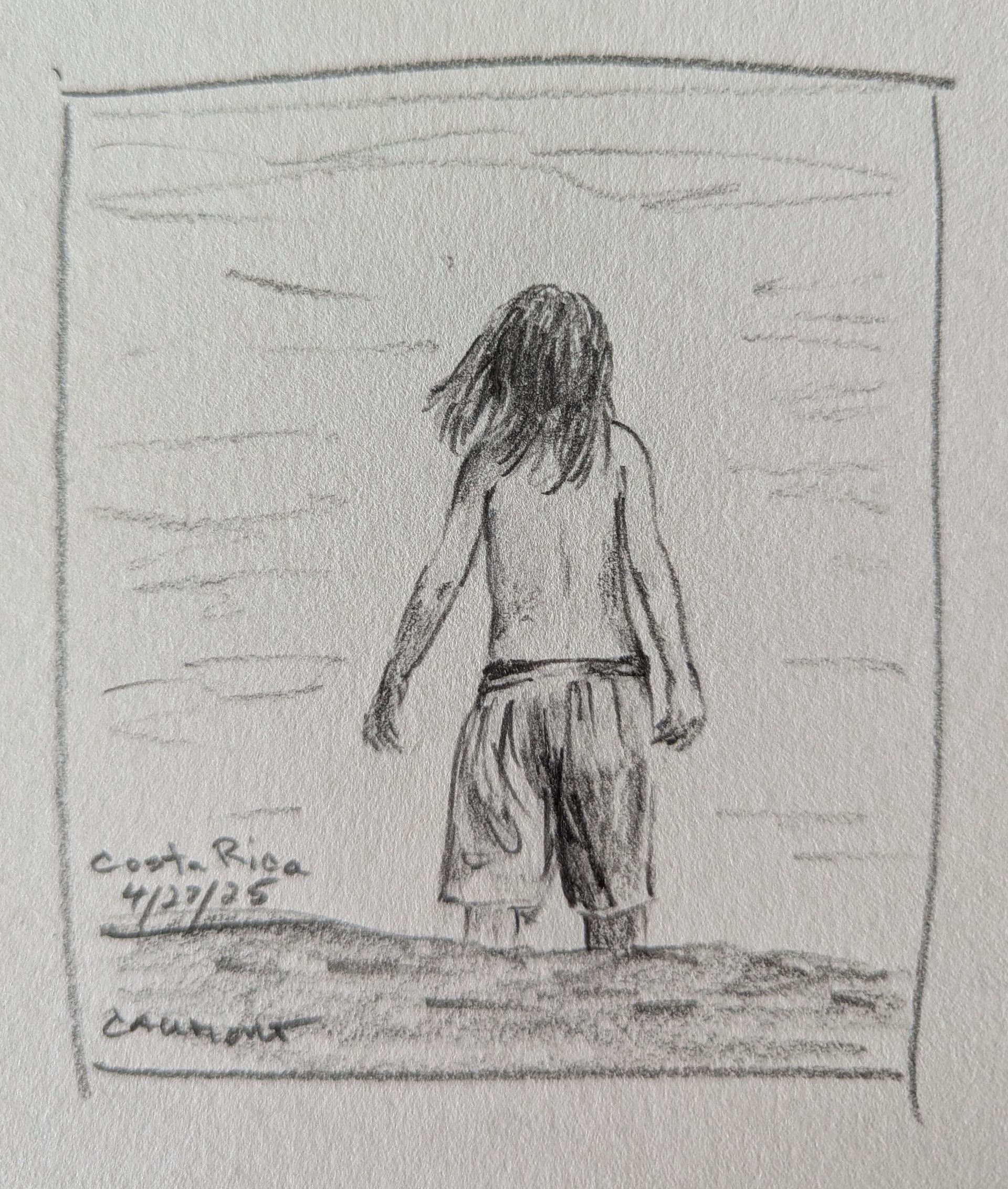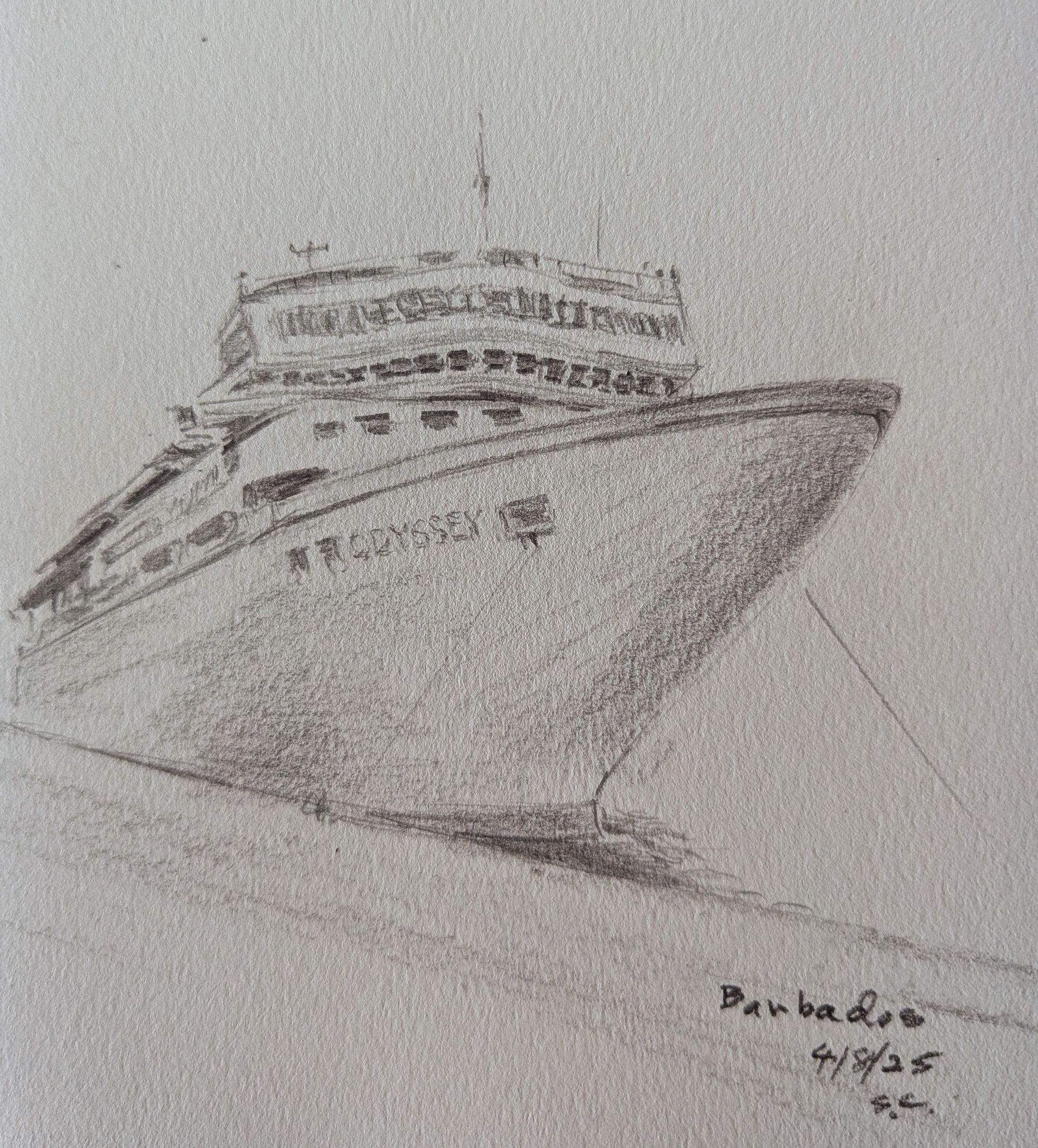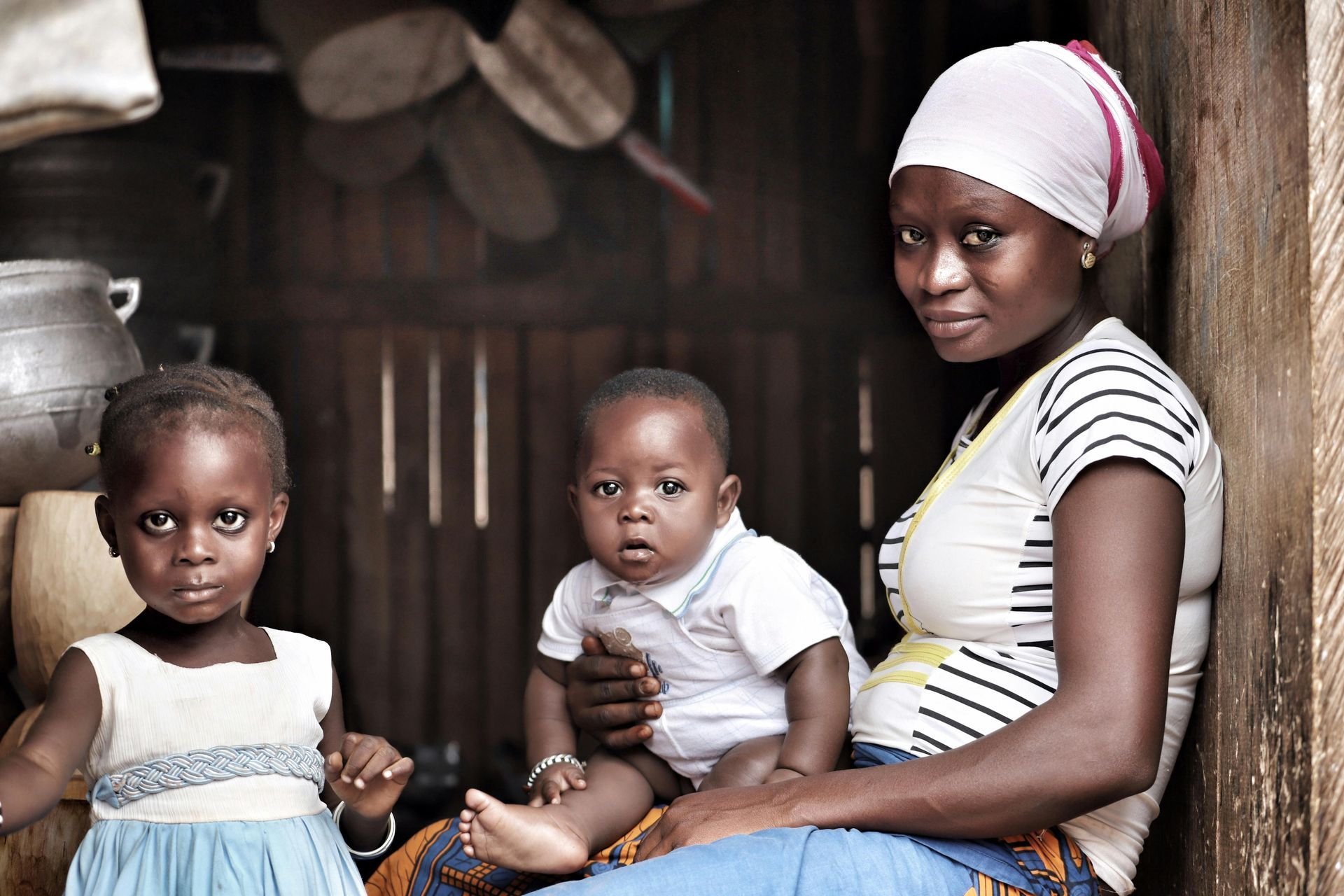A New Way Forward: The Human Renewable Energy Measure
A Novel Approach
As we move through an era where economics dictates much of our world’s functioning, we are increasingly faced with the challenges posed by its current framework. Traditional economics, which measures value primarily in terms of profit, has become a driving force behind many of the social and environmental issues we see today. It is time for a change—one that prioritizes human life, well-being, and the health of our planet. Renew The Earth, a non-profit organization led by renewable energy experts, advocates for a solution to these problems:
Physical Economics, anchored by the Human Renewable Energy Measure (HREM).

Understanding the Problem
The global economic system is deeply flawed. As the great folk musician Woody Guthrie once said, “The gamblin’ man is rich, and the working man is poor.” His words reflect a system that is designed to reward wealth and power, often leaving the majority of people struggling to meet their basic needs. In its current form, economics converts human energy and natural resources into profit, often at the expense of human life and the environment. It fails to take responsibility for the damage it creates.
Renew The Earth proposes that we rethink the way we measure value, starting with human survival itself. Instead of valuing work and resources solely through fluctuating currencies and profit-driven motives,
Physical Economics introduces the idea of measuring value in terms of energy units. This is the basis of the Human Renewable Energy Measure (HREM)—an objective, unmanipulated standard that represents the energy required to meet basic human physical needs.

What Is the HREM?
At its core, the HREM seeks to ensure that every person on Earth has access to the basic necessities of life—food, shelter, and education—by using energy as a measurable unit. These energy units would then form the starting point of value, or “0,” within the economic system, providing a more stable and humane way of addressing human needs.
The HREM represents a shift in how we understand work and survival. Under this system, basic needs could be met with as little as one hour a day or one day a week of work. After fulfilling these needs, people would be free to pursue other activities in the marketplace or participate in non-monetary activities that enhance their lives.
How Does It Work?
The concept of measuring survival in energy units is supported by scientific research. Physicist Dr. David Borton, a collaborator on the HREM concept, estimates that five hours of human work energy is equivalent to 2 megajoules. These energy units can then be converted into other expressions, such as calories or
BTUs, making it possible to calculate how much energy is needed to sustain human life. By applying this measurement system, we can determine how much work is necessary to meet basic human needs and distribute resources accordingly.
This shift in perspective allows for a new definition of work—one that more closely mirrors how Nature operates. As described by biologist E.O. Wilson, diversity in ecosystems is essential to maintaining equilibrium. Similarly, an expanded definition of work in the economic system would promote diversity, giving individuals more choices and freedom in how they contribute to society.

What Is the HREM?
At its core, the HREM seeks to ensure that every person on Earth has access to the basic necessities of life—food, shelter, and education—by using energy as a measurable unit. These energy units would then form the starting point of value, or “0,” within the economic system, providing a more stable and humane way of addressing human needs.
The HREM represents a shift in how we understand work and survival. Under this system, basic needs could be met with as little as one hour a day or one day a week of work. After fulfilling these needs, people would be free to pursue other activities in the marketplace or participate in non-monetary activities that enhance their lives.
How Does It Work?
The concept of measuring survival in energy units is supported by scientific research. Physicist Dr. David Borton, a collaborator on the HREM concept, estimates that five hours of human work energy is equivalent to 2 megajoules. These energy units can then be converted into other expressions, such as calories or
BTUs, making it possible to calculate how much energy is needed to sustain human life. By applying this measurement system, we can determine how much work is necessary to meet basic human needs and distribute resources accordingly.
This shift in perspective allows for a new definition of work—one that more closely mirrors how Nature operates. As described by biologist E.O. Wilson, diversity in ecosystems is essential to maintaining equilibrium. Similarly, an expanded definition of work in the economic system would promote diversity, giving individuals more choices and freedom in how they contribute to society.

The Impact of Physical Economics
In its current form, economics often forces individuals into limited choices, creating vulnerable populations with fewer skills to cope with change. This is akin to the dangers of
monocropping in agriculture, where a lack of diversity leaves crops more susceptible to disease and pests. The same holds true for people within the economic system. By reducing the emphasis on profit and increasing focus on human survival, the HREM would foster a more resilient and adaptable society.
The concept of
Game Theory, as developed by economist and physicist John Nash, recognizes that survival is the ultimate motivator. People will always strive to strike a bargain to secure their lives and the lives of their families. However, the current profit-driven system diminishes diversity and limits these choices. The HREM aims to restore a balance by giving individuals more control over their survival and well-being, freeing them from the pressures of purely profit-based economics.

A New Hope for the Future
The time has come for us to rethink the economic systems that govern our world. As we face challenges like climate change, poverty, and inequality, the need for a system that prioritizes human life and the health of the planet has never been greater. The HREM, as proposed by Renew The Earth, offers a visionary path forward—one where energy, not profit, is the basis for value.
By measuring human survival needs in energy units, the HREM provides a fair and transparent way to distribute resources, meet basic needs, and create a more equitable society. With the support of experts like Jeff Beller, Susan Caumont, and Dr. David Borton, Renew The Earth is paving the way for a new understanding of economics—one that protects life and ensures a sustainable future for generations to come.
If you are passionate about creating a world where economics serves humanity rather than harms it, we invite you to explore the HREM and learn more about how you can get involved. Together, we can build a brighter future for all.
